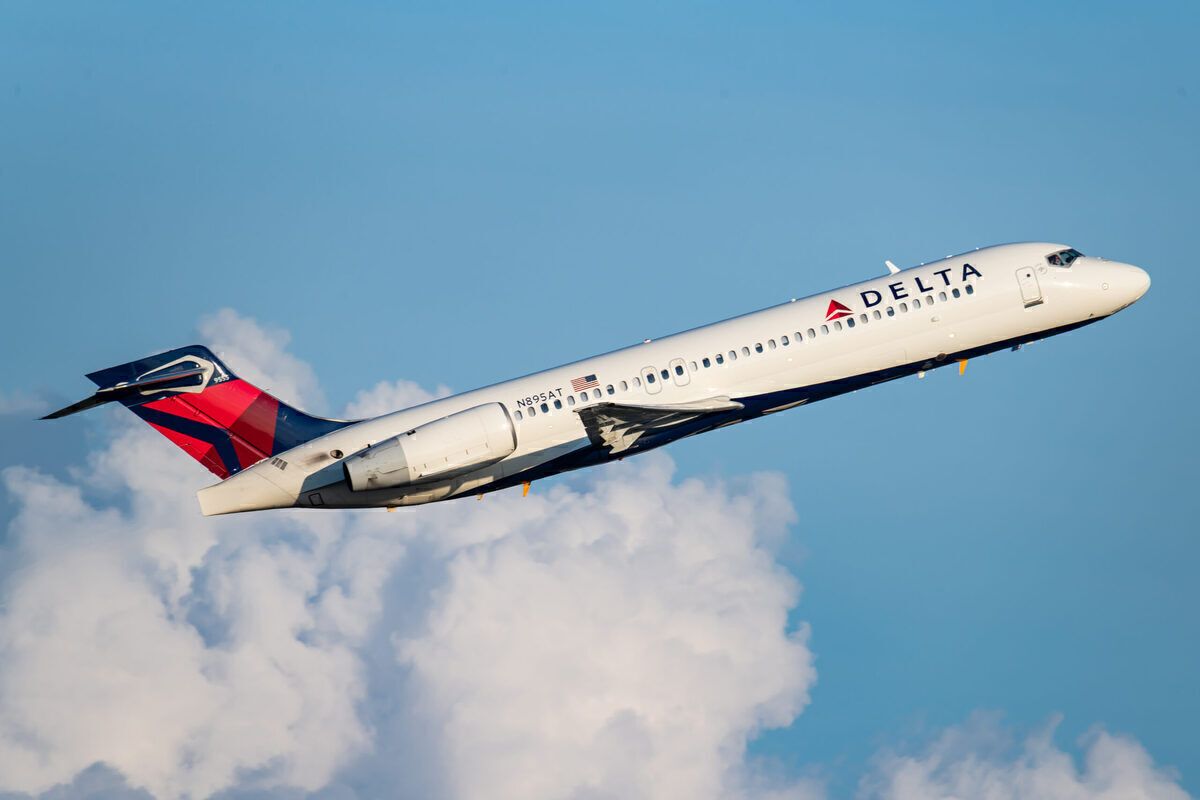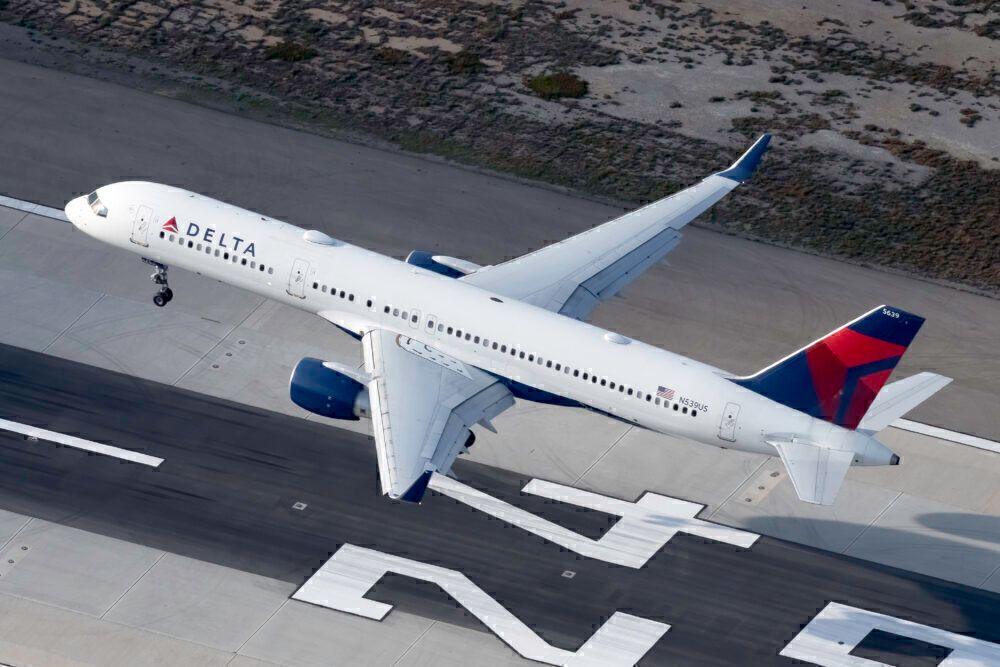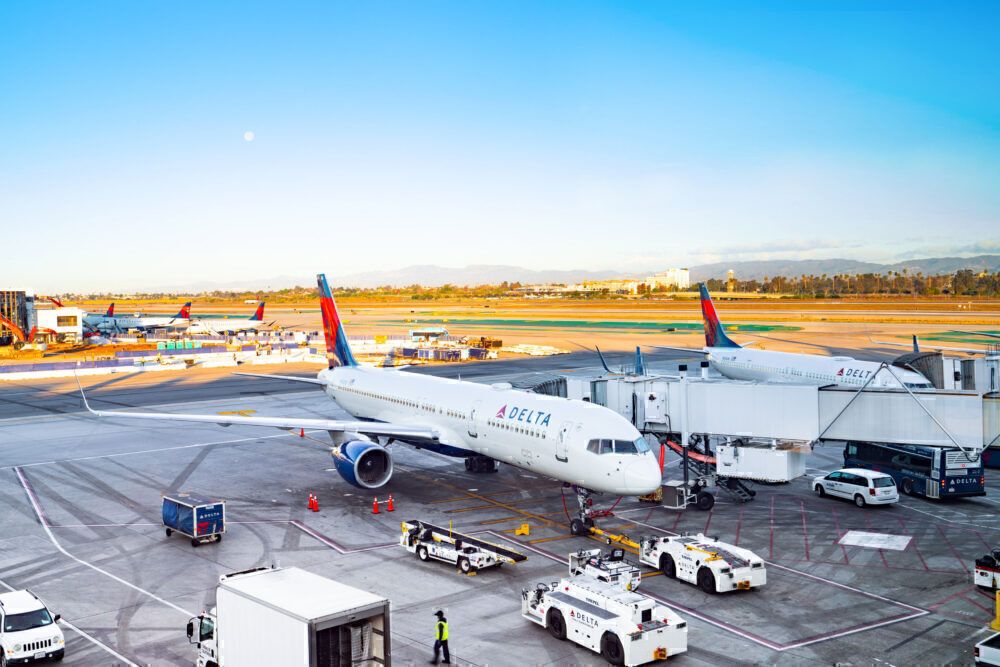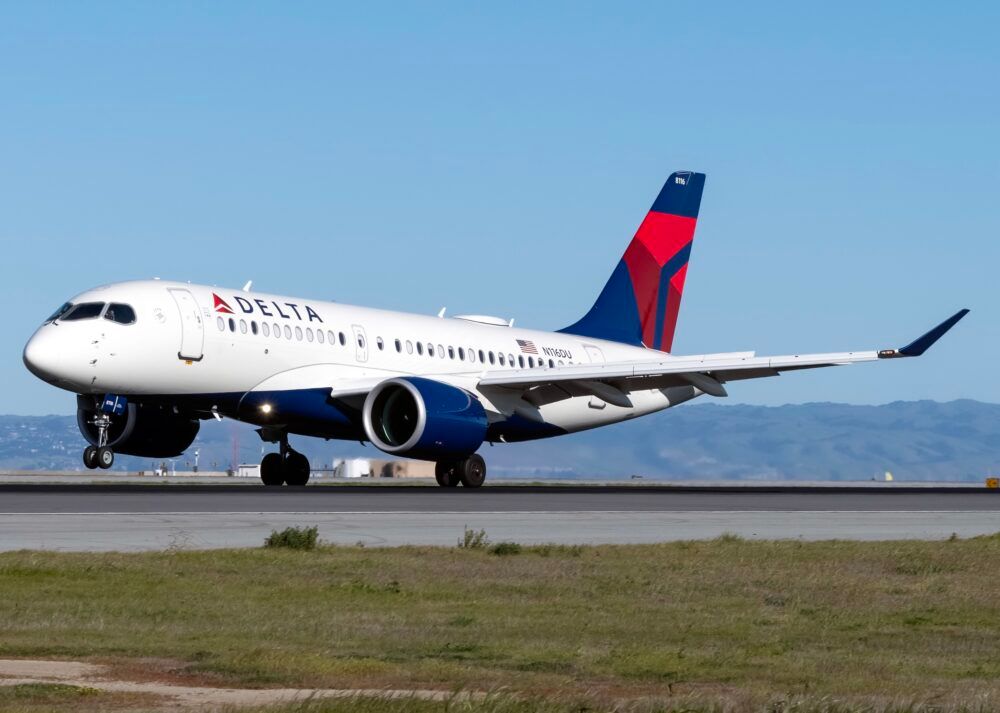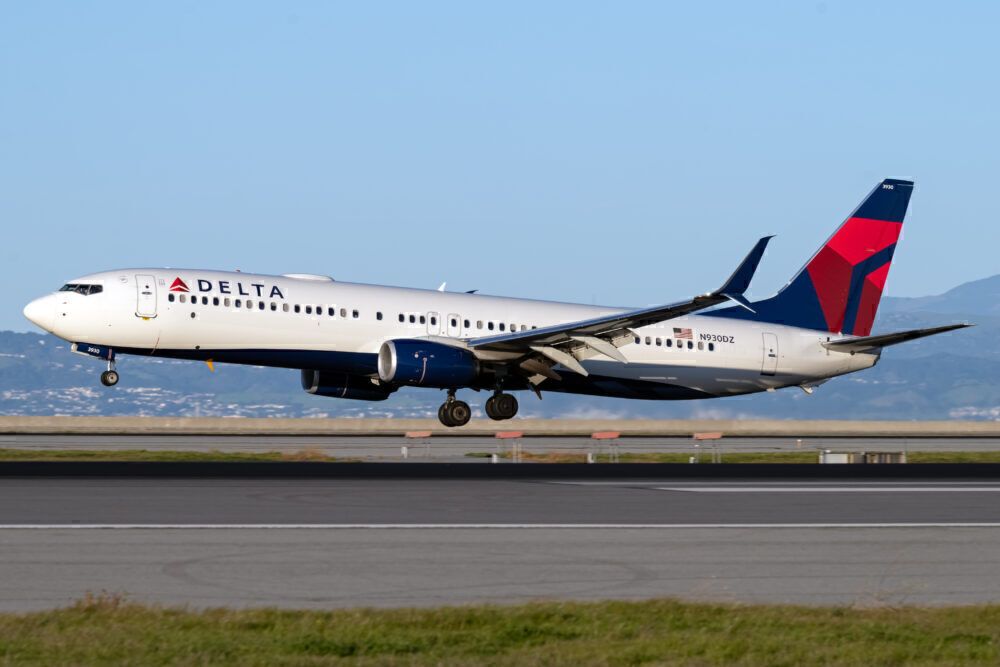As Delta Air Lines confronts the crisis, it is taking an approach where it focuses on its own business and profitability over market share. Questioned today on the airline's strategy against ultra-low-cost carriers (ULCCs), the airline's executives stated it was focused more on the airline's profitability and margins over gaining market share against the growing might of the low-costs.
Delta is focused on profitability
When asked today about competing against ULCCs in the United States, Delta's President, Glen Hauenstein, stated the following:
"We're not playing a share game, we're playing a profit game, and we're very, very secure in our offerings. And I think, when you think about what our objective has been through the pandemic, it has continued to offer best-in-class, no matter what your travel needs are.
“I'd say one of the things that we all will work on as we continue to release the seats, or as we look to release the seats towards the summer is that, we will have more seats in the lower fare categories."
Full-service carriers have taken various stands against ULCCs. Some have gone straight up against the airlines, bringing the fight to them and adjusting their offerings to better compete against ULCCs.
Delta, however, does not seem willing to cede its share completely. For now, the airline is focused on its profitability, but it has maintained a healthy market share in competitive markets, as Mr. Hauenstein stated:
"And I think when you look at what some of our objectives were going through the pandemic, it was to make sure we came out stronger and that in the places that we chose to compete that we did not cede share.
”I think when you look at how we've done, even with this seat block, in all of our core hubs, we have maintained the share levels at pre-pandemic levels. And we think that will serve us well as we continue to move towards the back end of this and are able to put the full level of inventory back in play here."
Stay informed: Sign up for our daily and weekly aviation news digests!
Inventory is key for Delta
Delta Air Lines has a huge capacity lever it can pull when it is ready. The airline is currently, through April 30th, blocking middle seats onboard its aircraft to give passengers more space.
However, the airline seems ready and willing to lift that capacity block heading into the summer, when a resurgence in travel demand is expected, and Delta starts to need all the seats on its planes.
The other key thing is the available levels of inventory. It is a fine line to walk between ensuring there is enough inventory available at lower levels to ensure Delta can lure in its share of price-sensitive travelers and also ensuring it has enough inventory at higher fare levels to extract a premium from customers willing to pay more to fly Delta.
Delta does not appear concerned about losing its share to low-cost passengers, which are not its main customer base. Delta wants to focus on its loyal customers, as CEO Ed Bastian stated:
"Our goal is to not just get back to the margins of our business, but to exceed them. I think we've got a real good path to do that. When you think about three of the core ingredients to that, first of all, the strength of our customer interactions – the strength of our brand – arguably has never been stronger. As we've gone through the pandemic, we've seen a full 20 point increase in Net Promoter Scores. Our Net Promoter Scores are in the 70-range."
Encroachments at home
Delta's home territories are starting to get a little competitive. For example, out of Delta's largest hub in Atlanta, Southwest has been on a steady growth curve. Meanwhile, Spirit Airlines has its share of flights out of the airport, and Frontier Airlines is expecting to open a crew base there that could be the start of major growth at the airport.
A similar story is starting to play out in Detroit. Spirit Airlines has used the airport as a base, with a steady stream of flights to and from it, with opportunities to significantly grow as it takes more new jets.
Another core hub for Delta is Minneapolis. Sun Country Airlines, an ambitious ULCC moving forward with an IPO, sees some major room for growth out of the airport, which could put pressure on Delta's leisure routes.
Though strong connecting hubs for Delta, the airline also hopes to catch a sizable share of originating and terminating passengers in these hubs; ULCCs threaten that.
At the end of the day, some passengers would choose to pay more for Delta Air Lines than a ULCC. Delta is clearly hoping those passengers will help push its revenue premium upwards, so it can get by with selling some lower fare buckets to the price-sensitive leisure travelers.
Do you think Delta should compete more aggressively against ULCCs? Let us know in the comments!

